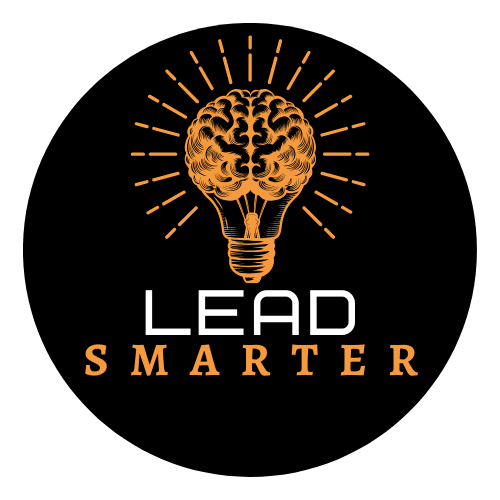Emotional Intelligence and AI in Today's Leadership
The question is no longer whether we should develop emotional intelligence or technological fluency it's how to create both in mutually reinforcing rather than competing ways.

In a world increasingly shaped by artificial intelligence, emotional intelligence has never been more crucial for effective leadership. Far from being opposing forces, EI and AI are complementary capabilities that, when thoughtfully integrated, create leadership approaches that are both technologically advanced and deeply human.
The Evolution of Leadership Intelligence
Emotional intelligence—our ability to recognize, understand, and manage emotions in ourselves and others—has long been recognized as a cornerstone of effective leadership. It enables us to build trust, navigate conflict, inspire teams, and make decisions considering human impact and business outcomes.
Meanwhile, artificial intelligence continues transforming how we process information, analyze patterns, and anticipate trends. Modern AI tools can process vast amounts of data to reveal insights that would remain invisible to even the most perceptive human leaders.
The most effective leaders today are those who cultivate both forms of intelligence, recognizing that each addresses different dimensions of leadership challenges.
How EI Enhances AI Implementation
Leaders with strong emotional intelligence bring critical human capabilities to AI implementation:
- Contextual Judgment: While AI excels at pattern recognition, emotionally intelligent leaders provide the contextual understanding to determine when and how to apply algorithmic insights.
- Change Management Expertise: Implementing AI-driven changes requires navigating complex human emotions—fear, resistance, and uncertainty. Leaders with developed EI can guide teams through these transitions with empathy and clarity.
- Ethical Discernment: As AI capabilities expand, so do ethical considerations. Emotionally intelligent leaders ensure that AI applications align with organizational values and consider human impact alongside efficiency gains.
How AI Enhances Emotional Intelligence
Conversely, AI tools can strengthen a leader's emotional intelligence capabilities:
- Expanded Awareness: AI analytics can reveal team dynamics, communication patterns, and engagement trends that might otherwise remain hidden, expanding a leader's awareness beyond their personal observations.
- Reduced Bias: When properly designed, AI systems can help leaders recognize and mitigate unconscious biases in their decision-making, leading to more equitable leadership.
- Development Feedback: Advanced tools can provide leaders with objective feedback on their communication patterns, helping them develop greater self-awareness and effectiveness.
The Future of Intelligent Leadership
As we move forward, emotional and artificial intelligence integration will become increasingly seamless. Leaders embracing both capabilities will create organizations that leverage technological power while maintaining human connection.
The question is no longer whether we should develop emotional intelligence or technological fluency—it's how we can develop both in mutually reinforcing rather than competing ways. The most successful leaders will navigate this integration with intention, ensuring that technology enhances rather than diminishes our humanity.
In this new landscape, leadership excellence means being equally comfortable discussing an algorithm's performance metrics and sitting with a team member experiencing a personal challenge. It means leveraging data insights while remaining attuned to the unquantifiable human dimensions of organizational life.
This balanced approach—honoring both the analytical power of AI and the irreplaceable value of human emotional intelligence—represents not just the future of leadership but also the path toward creating organizations that are both high-performing and deeply fulfilling places to work.
